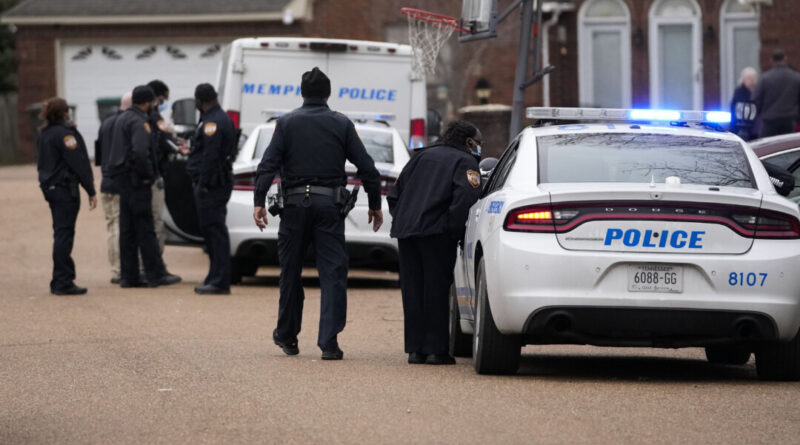DOJ Reports: Memphis Police Engaged in Excessive Force and Racial Discrimination Against Black Residents
The U.S. Department of Justice has accused Memphis leaders of unconstitutional policing practices as they commit to reforms.
On Wednesday, the U.S. Department of Justice revealed that its investigators discovered a pattern of unconstitutional policing by the Memphis Police Department and the City of Memphis, Tennessee, including excessive use of force, unlawful arrests, and discrimination against Black residents.
The DOJ’s findings also highlighted concerns regarding discrimination against individuals with mental health issues and the adverse effects of such policing on children.
Acting U.S. Attorney Reagan Fondren for the Western District of Tennessee remarked in a statement that the findings reflect the “substantial work” needed by the City of Memphis.
“Residents of Memphis are rightly alarmed about gun violence and violent crime,” he said. “They are equally justified in their concerns about the collective approach required to address these challenges.”
In a response letter dated December 4, officials in Memphis expressed their intention to carefully examine the DOJ’s findings while refraining from signing any immediate agreement or consent decree due to worries about long-term financial implications and complexities.
“Our thoughts are with everyone affected by those actions,” he remarked.
“It is vital for the city to take the necessary time to conduct a thorough review and respond to the findings before making any commitments that could impose long-term financial burdens on our residents and potentially hinder our ongoing efforts to enhance our police department.”
He referenced other U.S. cities, such as Chicago and Seattle, where consent decrees have been in effect for over a decade, costing hundreds of millions of dollars.
“We believe that collaborating with community input and independent national experts will lead to more effective and meaningful changes than navigating a bureaucratic, costly, and complex federal consent decree,” Young stated.
The mayor noted that Memphis is already experiencing positive changes, citing a decrease in citywide crime and ongoing reforms within the Memphis Police Department.
“We have commenced implementing several changes within MPD and are dedicated to further advancements,” he added.
The mayor announced plans for a series of town hall meetings to discuss the DOJ report with community members and civil rights advocates, intending to “create an effective improvement strategy that goes beyond what is likely to be a bureaucratic and expensive consent decree.”
Police Chief Ceryln “C.J.” Davis indicated in a statement on December 5 that since the July 2023 DOJ report, the City had permitted comprehensive access to police records through interviews, data, and body-worn camera footage.
“However, the DOJ’s investigation seemed to lack transparency in its findings,” Davis noted in her correspondence. “We have not been informed about the identities of those interviewed, nor have we had access to the underlying data analysis for their conclusions.”
Davis acknowledged the daily challenges faced by officers and affirmed that “while processes need continuous review, our officers come in each day ready to serve their community.”
“We take the DOJ’s findings seriously, and we are committed to reviewing this extensive report with an open perspective,” she added. “We are dedicated to ongoing improvement and do not take this process lightly.”
Additionally, during the press conference alongside the mayor, Davis mentioned that MPD has already made over 700 policy changes in the past three years aimed at guiding procedures and enhancing officer responses.
“Community engagement has been a crucial part of our efforts to ensure that we not only develop various policies and procedures but also involve community members actively,” she stated.
The DOJ, which plans to seek community feedback on potential remedies, has indicated that it anticipates significant changes.
Meanwhile, Memphis leaders express their intention to collaboratively tackle the issues without immediate federal demands, aiming to create a policing model that upholds the rights of all residents, rebuilds public trust, and ensures enduring, constitutional reforms.


